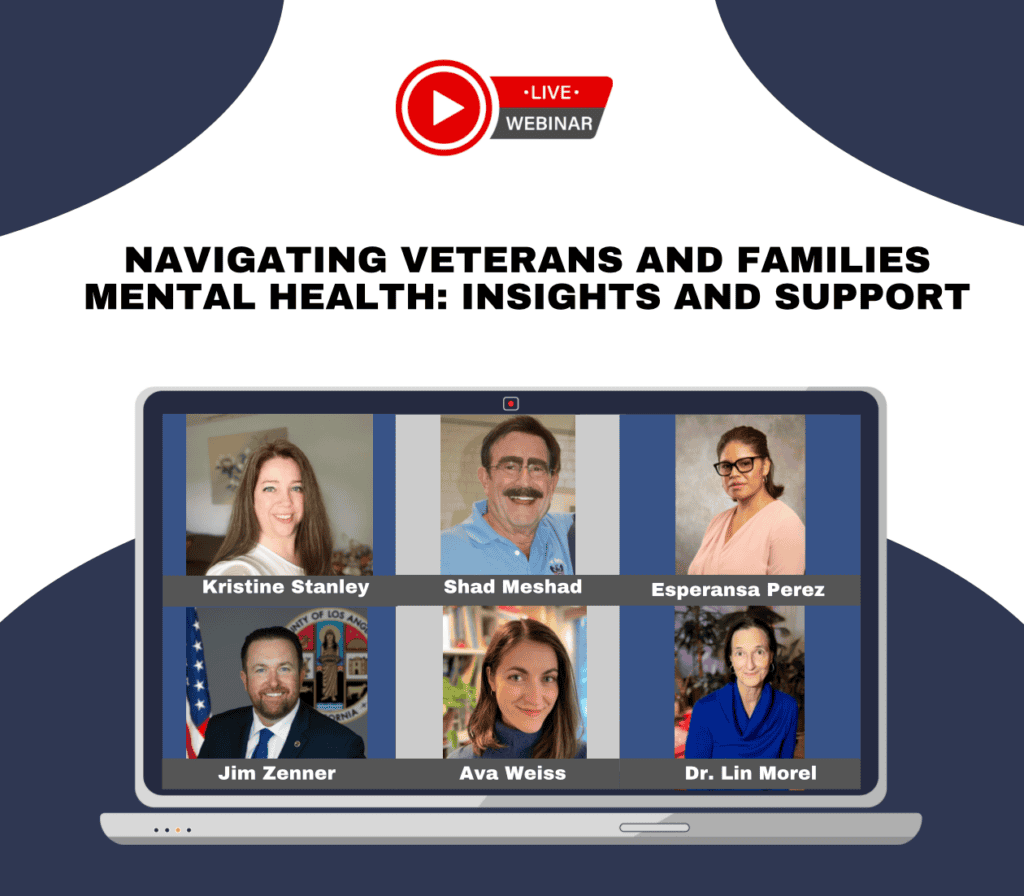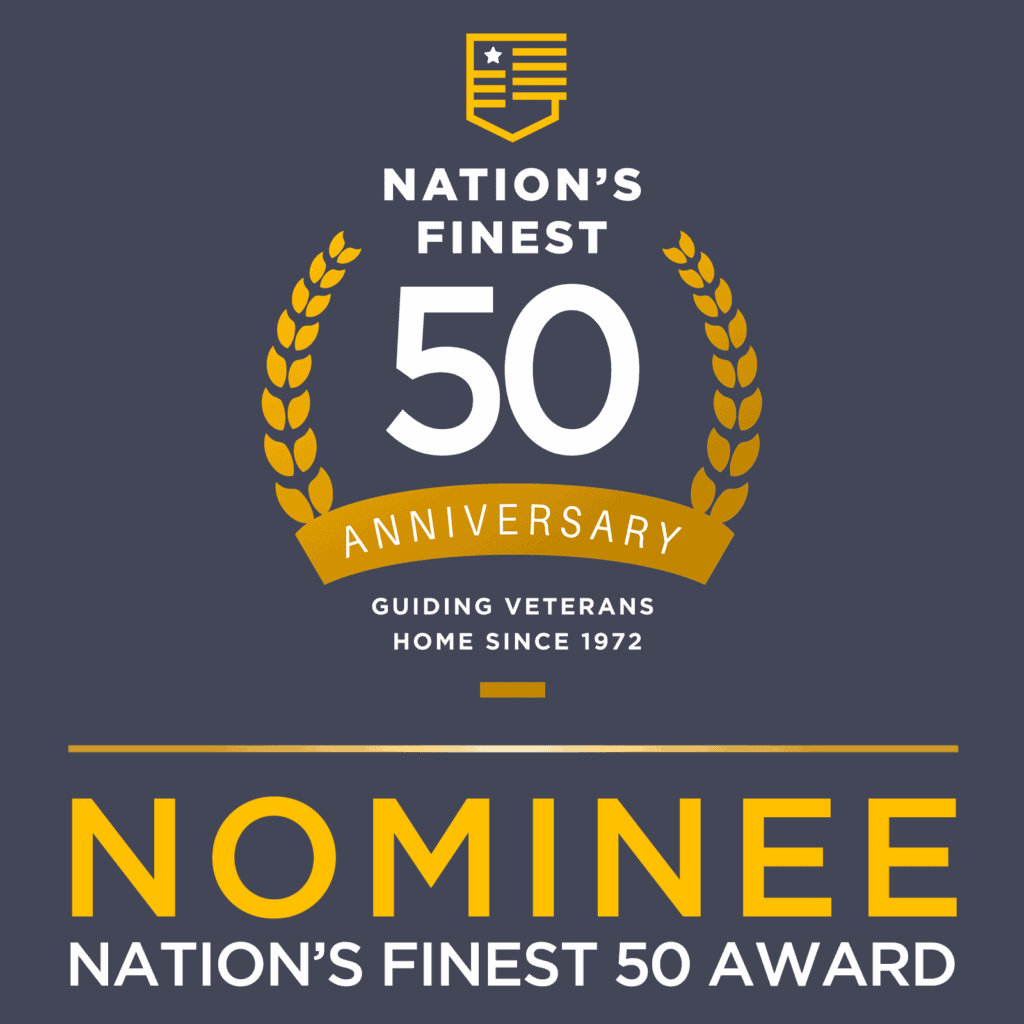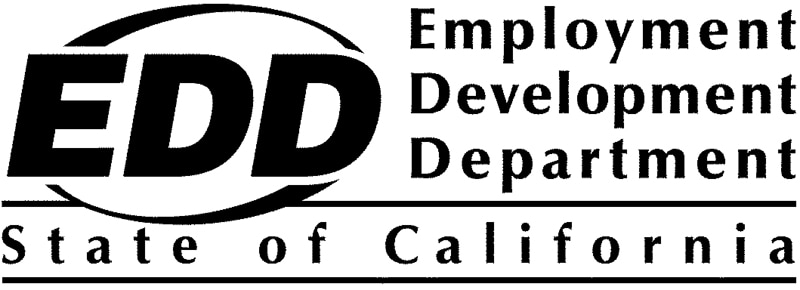What Happens When a Veteran’s Discharge is Less than Honorable?
These three words can change a life if they refer to a veteran’s discharge from military service: less than honorable.
Honorable is the only discharge that doesn’t have a negative impact on a veteran’s benefits.
A veteran’s discharge from military service can be in one of five categories: Honorable, General, Other than Honorable, Bad Conduct and Dishonorable. For example, a General Discharge indicates some non-judicial action because of behavior or a failure to meet military standards. It takes some VA benefits off the table, including the GI Bill. It goes downhill from there. Fast. The next category usually removes all VA benefits. The last two types carry an element of criminal behavior. You can imagine how that affects character and credit checks for housing and employment.
John Rowan, writing in The New York Times on December 30, 2016,reports on a veteran given a General Discharge after a suicide attempt. General might not sound that bad to you, but it’s less than Honorable, and it has a huge impact. In the case of Kristofer Goldsmith, the Army deemed his suicide attempt serious misconduct. They discharged him without treatment for the PTSD that led to his attempt. He’s spent the last ten years appealing his discharge. Rowan says of Goldsmith, “He’s been invited to the White House to speak about mental health programs, and he’s started classes at Columbia University. Yet the Army continues to deny his request for an honorable discharge, holding the line on its initial conclusion that a suicide attempt amounts to a serious act of misconduct.” Really??
Victims of MST have received Other than Honorable discharges
Over a period of years, male and female victims of MST (military sexual trauma) have received Other than Honorable discharges or diagnoses of mental illness. The process all too often begins when they report sexual assault. To be fair, the military has implemented recent reforms. But reporter Dianna Cahn, in the Stars and Stripes on May 20, 2016, quotes Sara Darehshori, senior counsel at Human Rights Watch: “There’s been no attention paid to people who did not benefit from those reforms and have to live with these papers that are stigmatizing.”
Stephen Losey, of the Air Force Times, May 20, 2016, also quotes from Darehshori’s recent HRW report “Booted: Lack of Recourse for Wrongfully Discharged U.S. Military Rape Survivors,” “…although the Defense Department has dramatically reduced its use of discharges for personality disorders after 2009, there were still 31,000 veterans discharged on those grounds between fiscal 2001 and 2010.”
Hard to overstate the impact of bad papers.
Doesn’t this strike anybody else out there as cruel? To put these vets in harm’s way and then punish them for what is a human response to trauma? Or to deny them the care and counseling they need? Darehshori says, “The impact of bad papers is really impossible to overstate. It makes it so hard for people to get the kind of care they need, but also to move on with their lives.”
I know this to be true. Many of the calls we get on our LifeLine for Vets begin with the status of a vet’s DD-214, the discharge document. Identifying a veteran’s benefits starts with the nature of the discharge. If it’s less than honorable, we always tell them they can appeal to have their discharge status upgraded. So few know about that. Which raises another issue—the stigma of those less than honorable discharges can be silencing. Why are so few veterans aware that they have recourse?
We don’t need to make this more difficult. Going to war, putting their lives on the line for us…don’t we owe them something? I mean, isn’t taking care of them the honorable thing to do?
If you know a vet who needs help, here’s our hotline: 888.777.4443
You can be a part of our mission to help Veterans by making a tax-deductible donation!
About the Author
SUBSCRIBE TO OUR BLOG AND NEWS!
By submitting this form, you are granting: NATIONAL VETERANS FOUNDATION INC permission to email you. You may unsubscribe via the link found at the bottom of every email. (See our Email Privacy Policy for details.)
Related Posts





